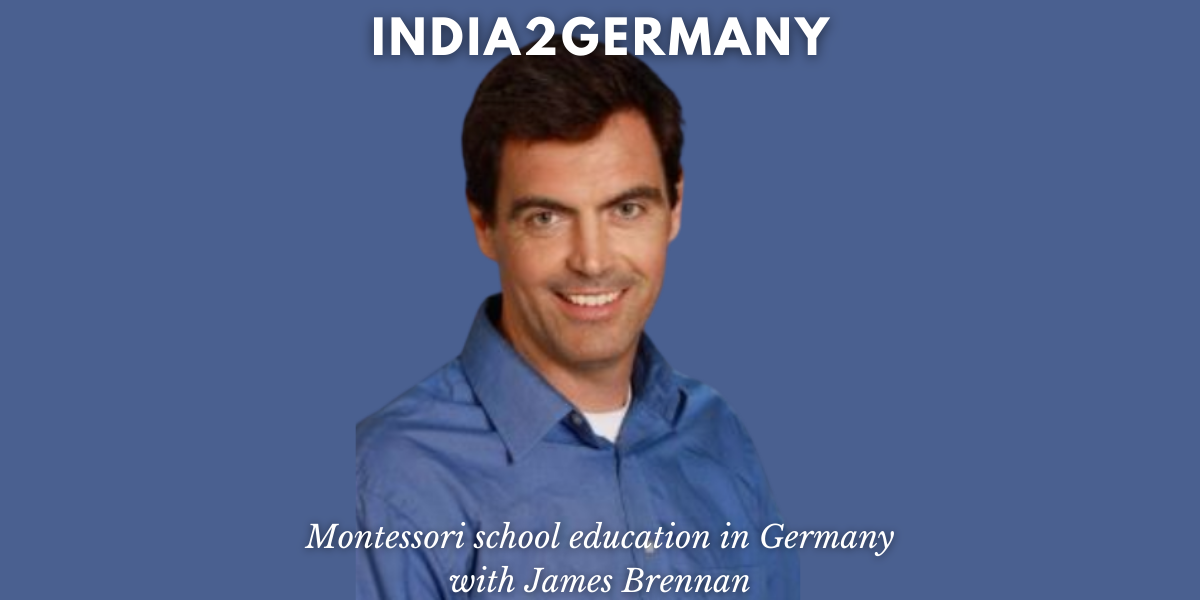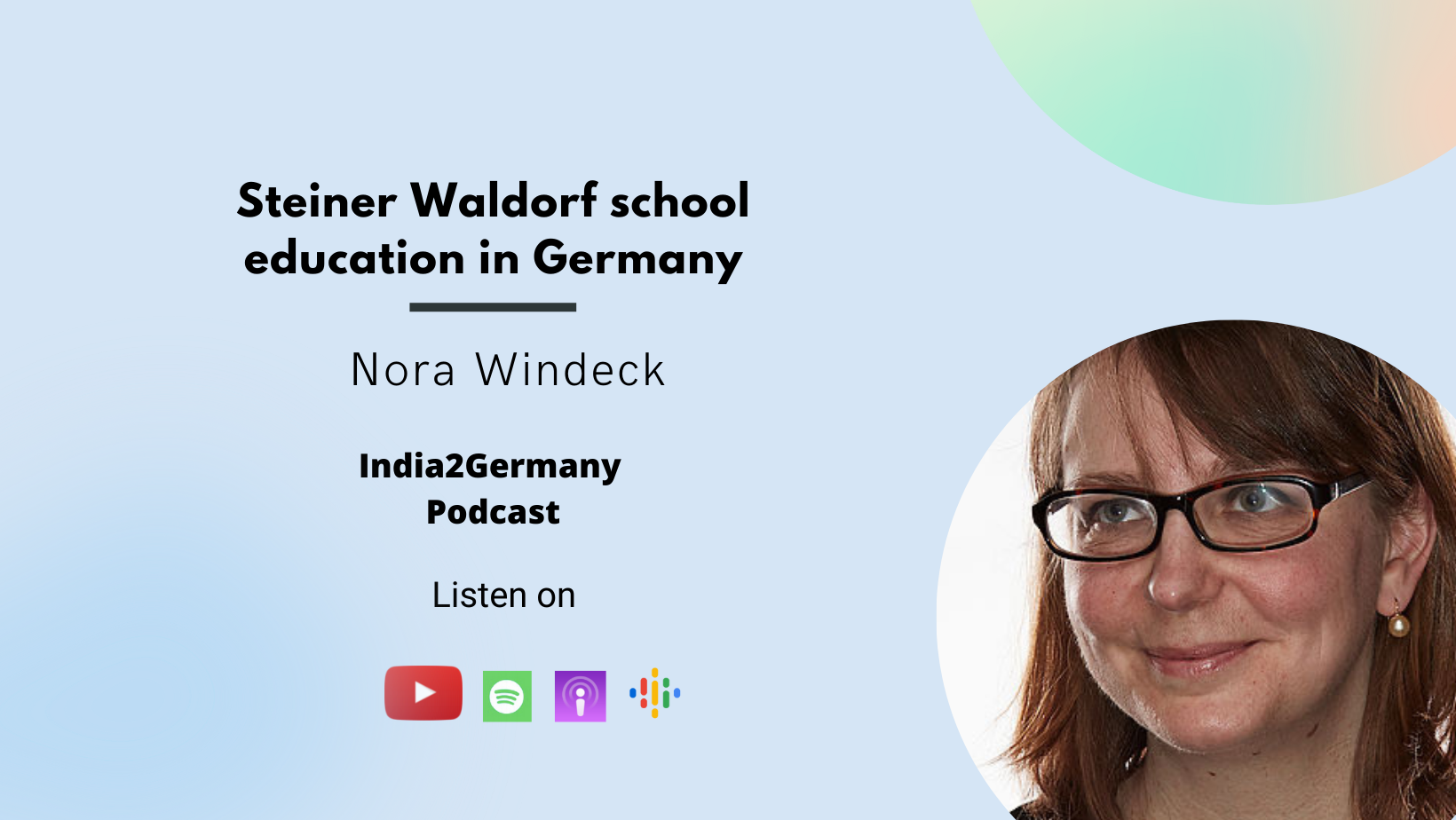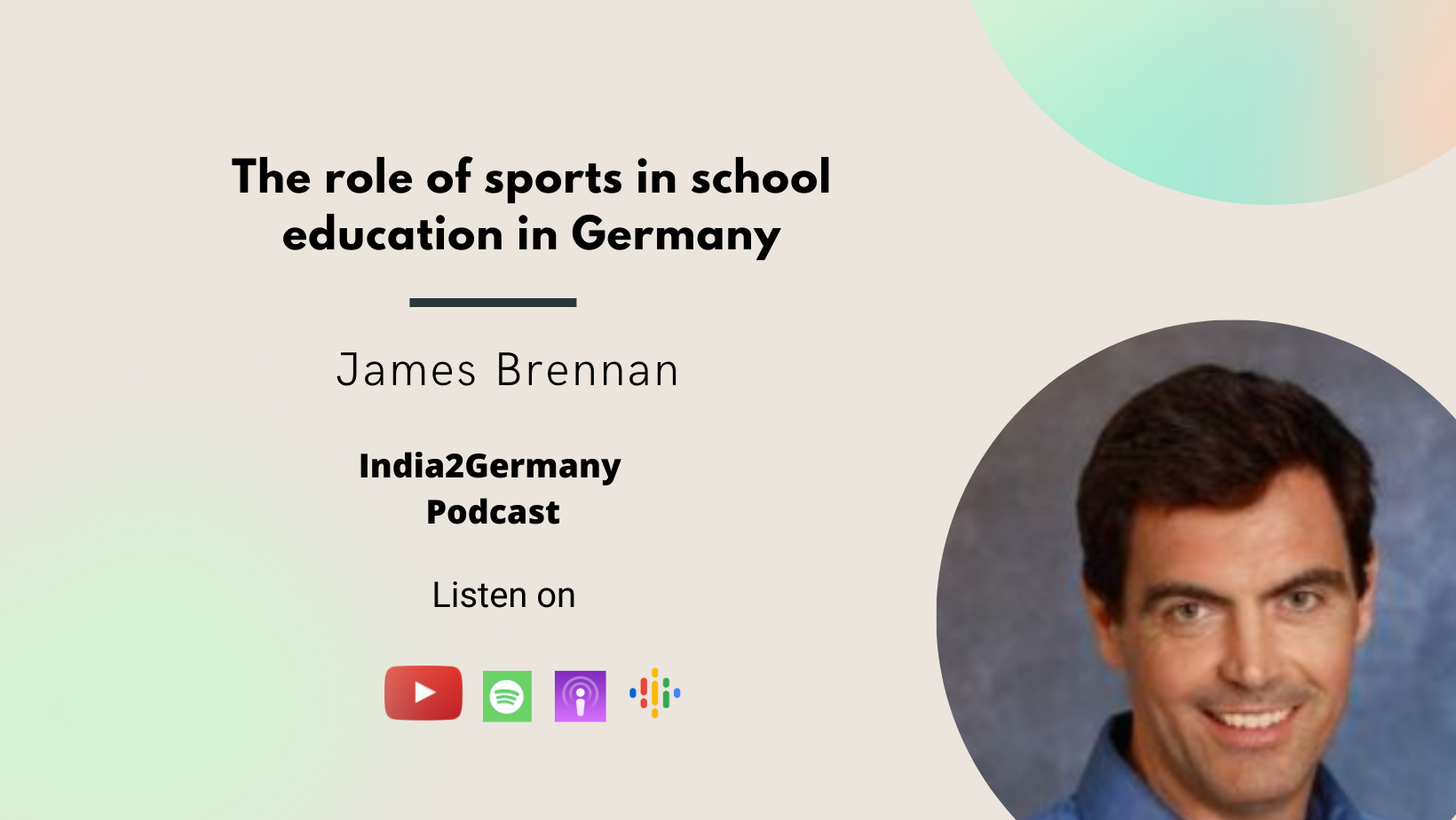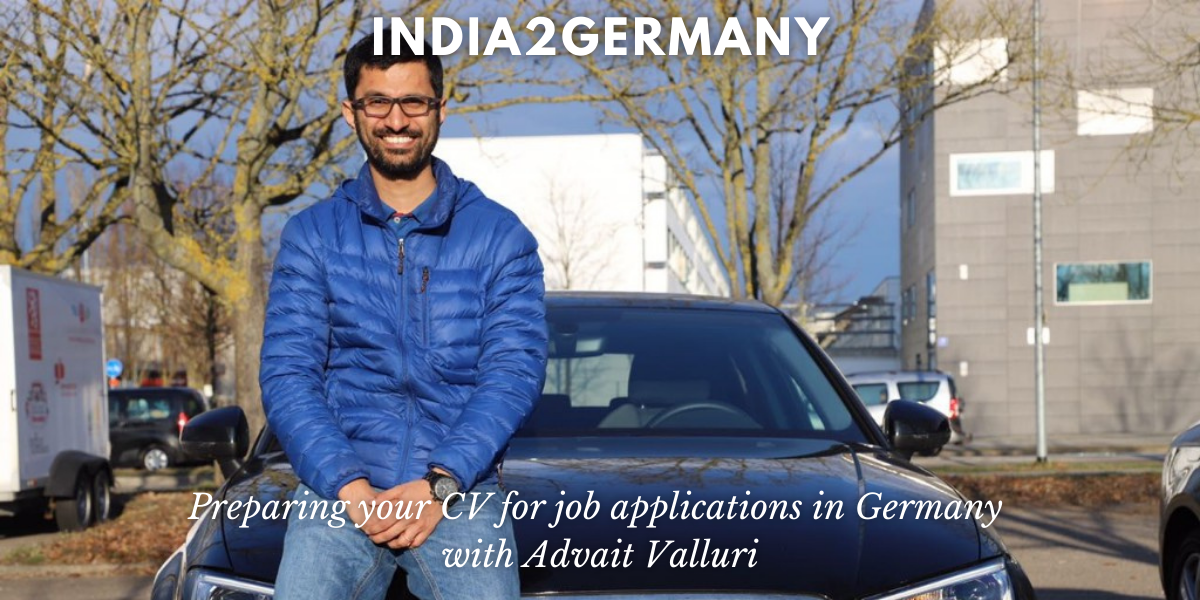
Types of kindergarten in Germany
There are many daycare centers in Germany with a wide variety of concepts and focuses. Here we talk about some of them.
In Germany, in contrast to school, attendance at kindergarten is not compulsory. In fact, only 1.8 percent of those under one year of age attend a daycare center (Kita or Tagesmutter). Among one-year-olds, the figure is already 37.5 percent and among those under 3 years of age, it's 35 percent. In contrast, the childcare rate for 3-6 year-olds is already 92.5 percent (Federal Statistical Office as of March 1, 2020).
To find out more about how kindergarten works in Germany, have a look at our previous article (below).

There is a wide range of kindergartens that you can choose from for your child. Let us have a look at some of the options.
Based on type of provider
In Germany, the kindergartens differ firstly in terms of the provider (the entity that manages the kindergarten). There are state providers and independent providers. Why is this interesting? The amount of the fees for a spot in a kindergarten depends on the provider.
There are a total of 57,594 day care centers in Germany. Of these, 18,884 are state institutions and 38,710 are independent institutions (Federal Statistical Office as of March 1, 2020).
Here are the different types of kindergarten depending upon the provider:
- A municipality can initially organize childcare itself. In this case, the entire facility is financed by public funds and the contributions for parents are therefore comparatively low (state-owned day care center).
- However, the municipality can also assign this task to an independent organization (these are often the churches, welfare organizations such as the German Red Cross or Caritas, or parent initiatives organized in the form of an association). These daycare centers also receive public funds, but usually charge a small financial contribution of their own.
- Purely private kindergartens, which are organized by commercial sponsors, are also part of the daycare centers of free sponsorship, but they usually do not receive public funds and are financed solely by the parents' contributions, which are therefore often very high.
Based on educational method and focus
Because most kindergartens are not state-run, there are daycare centers in Germany with a wide variety of concepts and focuses.
- Some of the kindergartens have a main emphasis on special skills, like sports or music.
- And of course there are also bilingual institutions, especially in bigger cities.
- Also, there are kindergartens that follow a certain form of pedagogy like Montessori or Waldorf. It really depends on your child and the needs and expectations you have.
For more information about Montessori and Steiner Waldorf school education in Germany read our previous articles (link below).


- One type of kindergarten that is getting more popular is the Waldkindergarten (forest kindergarten). There, the children are mostly outside in the woods, nevermind if the weather is good or bad 😃. They have a lot of space to play, build stuff, climb trees, learn about plants, and about protecting and caring for nature. More and more German parents love the idea of their children being outdoors, spending time in the nature, having a lot of space, and being creative, since most children live in cities and spend a considerable amount of time indoors with technology. Most important thing in a forest kindergarten: Reliable Rainwear 😊
📬 Subscribe to our newsletter to stay up-to-date! 👇
India2Germany Newsletter
Join the newsletter to receive the latest updates in your inbox.







